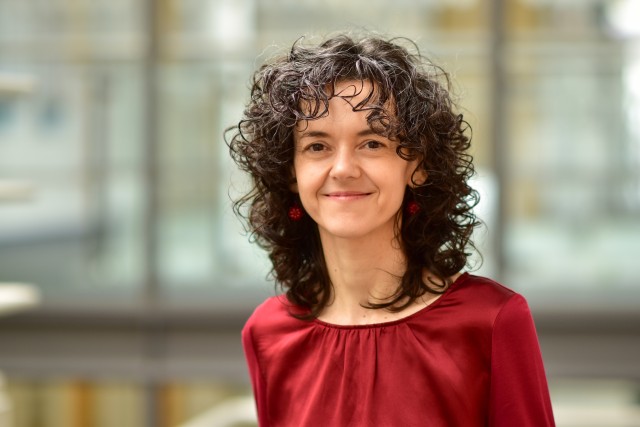7 July 2025
Making Women in Quantum Science Visible
In celebration of the International Year of Quantum Science and Technology, the Equal Opportunity Working Group (AKC) of the German Physical Society has set out to increase the visibility of the many contributions of women in quantum science. As part of the project entitled "Quantenphysikerinnen im Fokus", female scientists who have significantly advanced the field are highlighted through engaging short profiles that offer insights into their research and personal stories. The goal is to increase the visibility of women physicists, spark students’ interest in cutting-edge research, and inspire the general public to engage with quantum science.

Today, she leads a research group in the Theory department at MPQ, developing algorithms to simulate complex quantum systems.
Her background in both physics and computer science equips her to tackle this challenge. Her focus lies on tensor networks—mathematical structures that isolate relevant aspects of quantum systems from the vast space of possibilities. These networks allow scientists to simulate specific quantum states, such as those in electron systems or qubits, helping to answer targeted questions about phenomena like high-temperature superconductivity or quantum computing performance.
Bañuls is particularly interested in how quantum states evolve over time—dynamics that ultimately shape the power and outcomes of quantum computers. She also champions collaboration and mentorship, guiding doctoral students and fostering scientific exchange at the institute.
Read the full story on the project's page.
Related articles
- The Holy Grail of Algorithms - a portrait article.
- Mari Carmen Bañuls accepts a permanent W2 position
- Profile page of Mari Carmen Bañuls